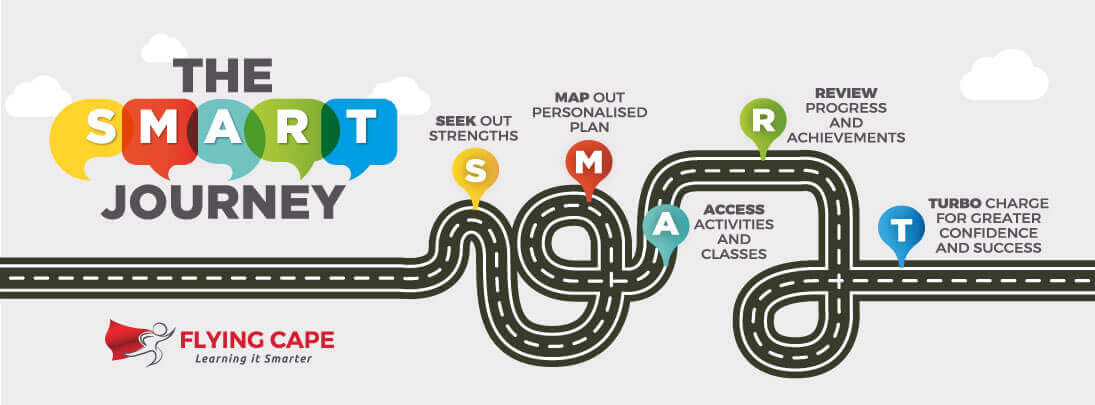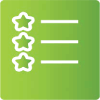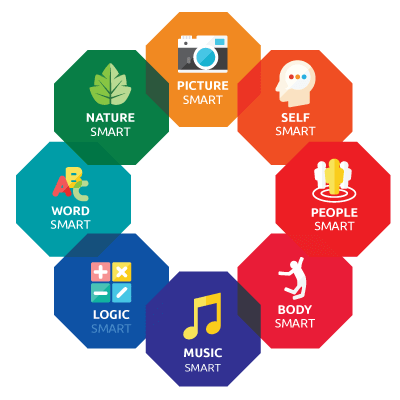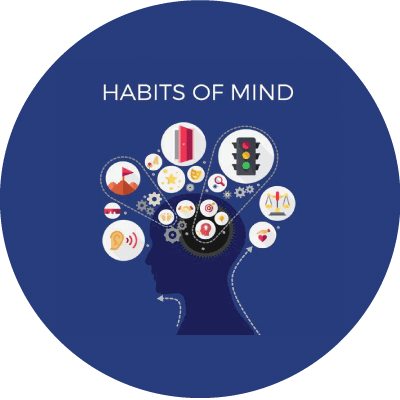

Please wait a while...
Ready in a jiffy


Please wait a while...
Ready in a jiffy
What’s the SMART Journey?
Our world is rapidly changing. In 20 years, 65% of today’s jobs will no longer exist in their current form. So how can we best prepare our children for the future?
At Flying Cape, we believe that maximising learning potential in our children starts with understanding how each child is unique in terms of interests and learning styles. Our SMART framework takes the best of research from renowned academics all over the world and translates these findings into clear and actionable plans you can apply.






Find out your child’s strengths, interests and learning styles
using diagnostic assessments
 Take MI Assessment
Take Assessment
Take MI Assessment
Take Assessment
Developed in 1983 by Dr. Howard Gardner – professor of education at Harvard University, the theory of Multiple Intelligence moves away from the traditional notion of intelligence being determined solely via I.Q. testing. Instead, Dr. Gardner discovered that there were 8 types of human intelligences, each representing different ways where we process information. Understanding these 8 intelligences will more accurately account for the broad range of human potential in children and adults.
 Take HOM Assessment
Take Assessment
Take HOM Assessment
Take Assessment
Habits of Mind is knowing how to behave intelligently when you DON'T know the answer. It means having a disposition toward behaving intelligently when confronted with problems, the answers to which are not immediately known: dichotomies, dilemmas, enigmas and uncertainties.